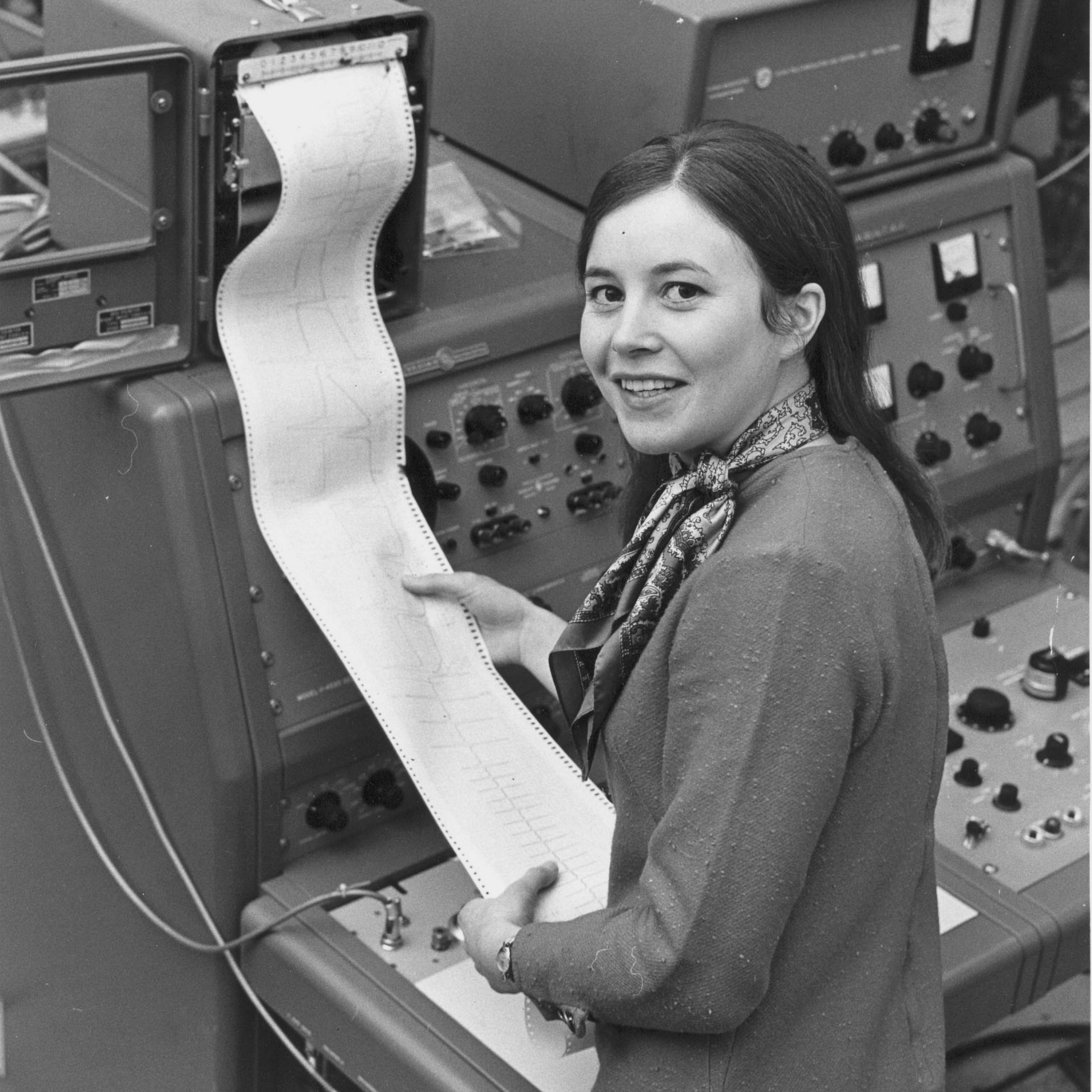At the cutting edge - Creating a University episode 9

“A primary function of a university must be to engage in research. It can discharge its responsibility to train future researchers only if it is itself a place where research is done. And research is the guarantee of its academic standards ... One good scientist attracts another. They attract good students too.” Sir Albert Sloman, 1963 Reith Lectures Three of the University’s most influential early academics talk about the impact of their work – in computer science, sociology and science. - Tony Brooker was the founding Professor of Computer Science, and credited with creating the world’s first publicly available computer language. He talks of the days when there were no computer terminals, and students had to use punch cards which “invariably had mistakes” at first and would “produce garbage” as a result. Later, he says, Essex scored a coup in getting the PDP-10, the first time-sharing computer in the country. - Dennis Marsden was an early sociologist, and co-author of Education and the Working Class, described by the Times Higher Education in its obituary of Marsden as “the single most influential book in its field in the 1960s and early 1970s” , as a key source for Alan Bennett’s play The History Boys). He went on to produce pioneering studies of fatherless families and the unemployed, and talks here of how he “got very good at talking my way off doorsteps, indoors”. - Sir John Ashworth was founding Professor of Biological Sciences and went on to become the government’s Chief Scientific Officer. Baroness Blackstone apparently thought he was “absolutely nuts” when he told James Callaghan’s Cabinet that micro-chips would “revolutionise everything”. He speaks of how a conversation in a becalmed boat off Clacton led him to that Cabinet meeting, and how “it’s all come about, even more radically and more quickly than I had anticipated”.